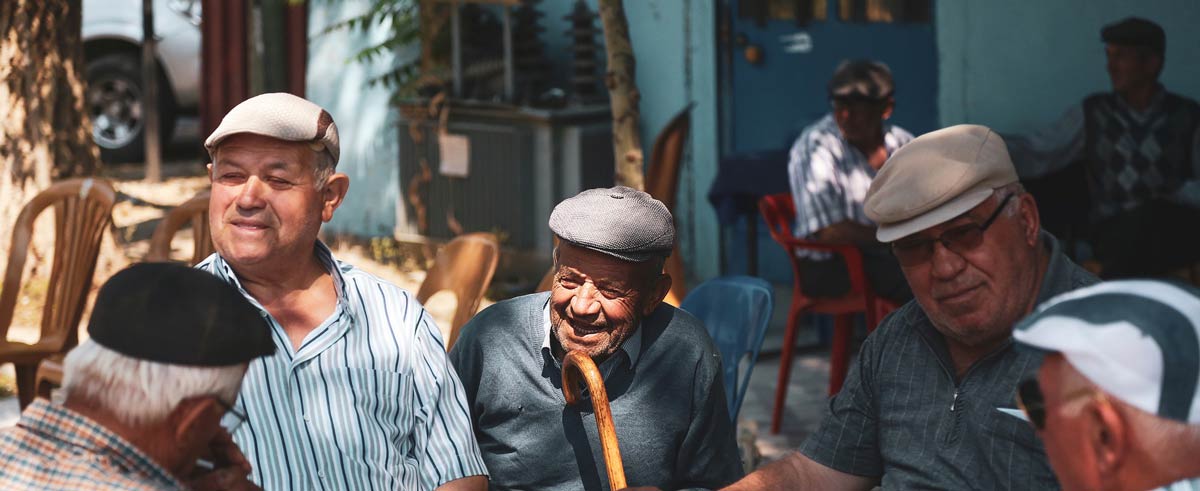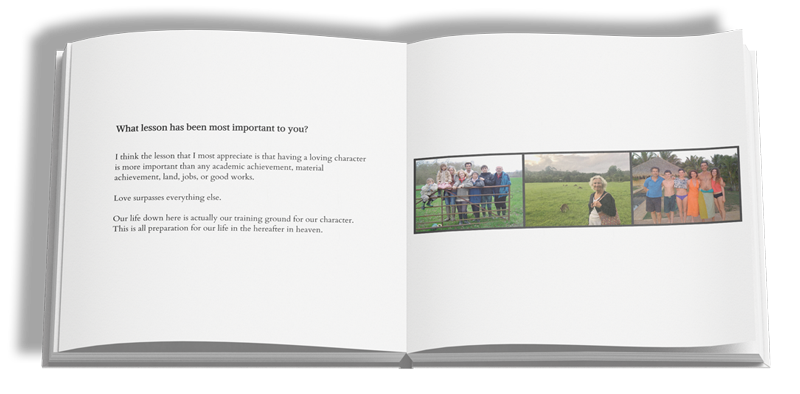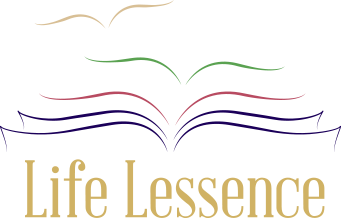I’m often asked about interview questions for your parents beyond the usual ‘where did they grow up’ and ‘where did they go to school’ variety.
People can have a lot of trouble coming up with good questions – but they’re really not as hard as they first seem.
If you’ve been wanting to sit down and write your parent’s story or biography you’ll first need to find out more about them, so it’s best to get that started sooner rather than later. But, what are the questions to ask to really get to the good stuff beneath the surface?
One of the worst feelings you can have is realising it’s too late to sit down with a loved one for a chat.
I’ve had grandparents pass on without me showing much interest in them, which I regret. It was only having my own children that helped me to appreciate my parents and grandparents and be curious about how they came to be who they were!
It’s important to connect with our loved ones, to really get to know them while they’re still with us. But, there’s definitely more to it than asking surface questions. You need to formulate meaningful interview questions to ask your parents to get the best results.

Digging for Treasure
To dig deeper, one of the most interesting things you can ask is:
‘What does your life stand for?’
This is a question that really gets people thinking! You want to try to get down to the essence of person, which is what we do at Life Lessence.
Most people get to a certain age and begin to reflect on their lives. As they enter their ‘golden years’ they have a treasure trove of wisdom to look back on, draw from and share with others for our benefit. Deeper interview questions for your parents will get you to the treasure you seek!
It’s a terrible thing to lose a loved one and realise we don’t remember much about their story and who they really were.
I remember how my granny left a tape talking about different things for just 60 minutes and that’s all I have recorded from her. It made me really sad and I thought ‘Oh, if only I or someone had just spent longer listening to her.’ There was a whole lifetime in there that I could have learnt from and appreciated.

When and How
In this culture we’re not usually living with our elders, it’s not the ‘done’ thing – they’re pretty separated. Also, with most things being digital now, they’re just not included with the rest of us. They don’t use Instagram and Twitter and they’ll often have difficulty with a phone or a Zoom call.
If you’re not sitting down with a cup of tea and chatting, you won’t get that connection with them. So, it’s also important that you consider when and HOW you’re going to ask your questions. Make sure you have plenty of time and can give your subject your complete attention.
I suspect that hanging out with older people who are slower and wiser than us is really good for our mental health. There are also amazing benefits for older people when we take the time to connect with them. Their health and mental wellbeing is scientifically proven to be better when they’re with younger people. The act of being seen and heard, respected and acknowledged can be wonderfully rejuvenating.
Something I’ve noticed is the more time I spend with Life Lessence clients as I write their Legacy Books is that they grow more reflective and interesting. They seem more energised. I feel this happens because they’re sharing stories of their past lives, of times with their spouse, their pets, or on their travels.
In these stories, they impart their regrets, their beliefs about life, death and the meaning of living a life well – and every client’s stories are completely different!
I highly recommend sitting down with your elders, talking and recording them if you want to get the process going.
Interview Questions for your Parents
It’s also OK to ask some uncomfortable questions because the taboos we avoid, like regret or our death, hold much of the most essential meaning of our lives.
Interview questions for your parents can include ‘What do you believe about God?’ And, ‘What does success mean to you?’
Or, you could try asking:
“What do you value most?”
“What has love meant to you and how have you loved?”
“What does it mean to live well?”
“What changes in the world during your lifetime have affected you the most?”
“What advice would you like to pass on?”
These questions can all have an extraordinary effect! A lot of people have never stopped to consider these things before, or if they have, they’ve never thought to share these thoughts with someone else.

The Legacy Book
I just finished working on a legacy book this morning for a fellow who has been caring for his wife who has dementia – unfortunately, it’s too late for us to interview her.
This fellow’s grandkids don’t spend much time with him and for all these reasons it’s really nourishing for him to have someone show interest and listen to him. He was already writing stories but was unsure how to share them.
When I handed him his finished Legacy Book, he said:
“It was quite a profound experience – it made me know myself better. Your style of questioning brought out things about myself that I didn’t really know.”
Additionally, his book is a gift to give to his grandkids who are not interested in him yet, but surely will be one day.

Why write your parent’s story now?
When you think about it, we only have a small window of time to gather information about our parents or loved ones. Life is busy and so are we!
Usually, it gets to the point where a parent is approaching senility or immobility or death before we even start to think about all those unanswered questions we might have. But one of the most frequent regrets at the end of life is that we didn’t spend enough time with those we love.
We might start to think – ‘If I don’t do this now, I might never do it!’ Then, this sense of urgency can take over, making it hard to stay objective. Once emotions like fear creep in; fear of loss, fear of helplessness, fear of grief, we can easily become overwhelmed.
The people I see for Life Lessence Legacy Books range from middle age to the very elderly. In my opinion, there’s not really an adult age that’s too young to start.
It’s not necessary to wait until you or your loved one is nearing the very end – you can have their story written and then review and update it later if need be.
At least you will have made a start – and sometimes that’s the hardest part – the rest will just fall into place!
We have years of experience interviewing and writing. If you'd like to enquire about us writing your Legacy book for you or you'd like to learn how to write your own, please select from the options below.

